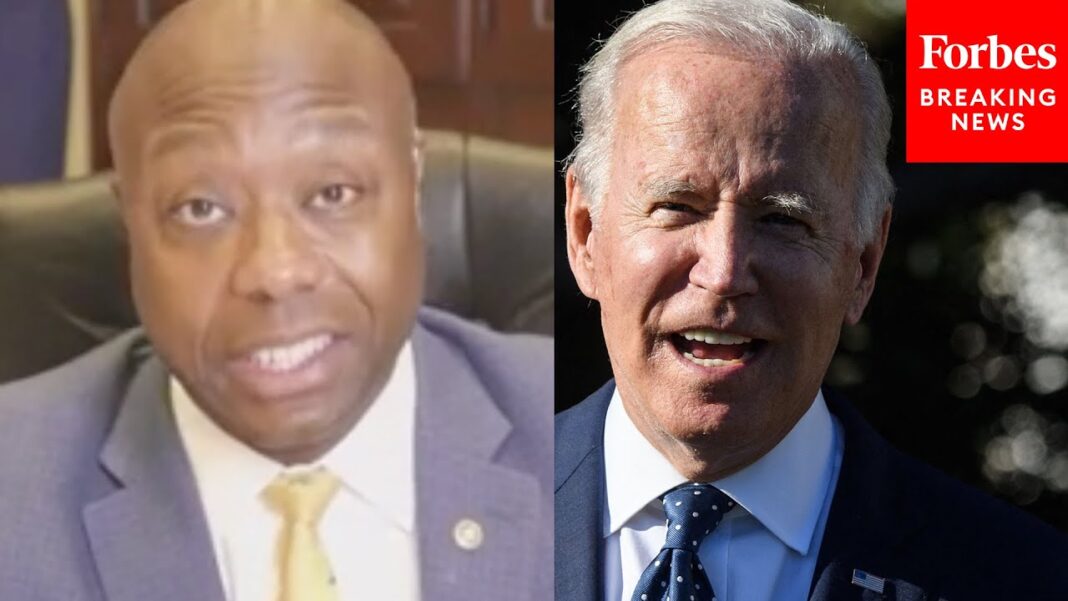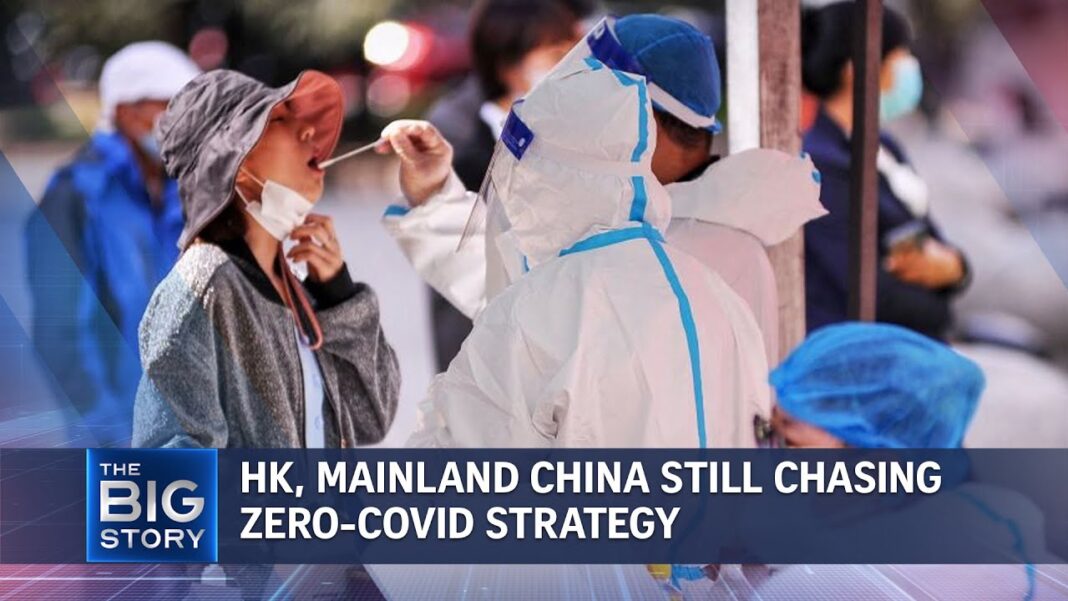Chinese leader Xi Jinping repeated calls for world peace and global cooperation on Oct. 25, in remarks that experts said were a veiled criticism directed at Washington and did little to dispel growing concerns over Beijing’s increasing assertiveness on the world stage.
In a speech marking the 50th anniversary of the communist regime’s representing China at the United Nations, Xi said Beijing would always be a “builder of world peace” and a “defender of the international order,” according to a statement released by Beijing’s foreign ministry.
His remarks came amid intensifying criticism in the West over a range of Chinese Communist Party (CCP) aggressions, from its trade abuses to rights violations. The regime’s efforts to influence and subvert the U.N. system have also come under growing scrutiny.
Without naming any country, Xi said that China opposes “all forms of hegemony and power politics, as well as all forms of unilateralism and protectionism,” in what analysts say was a veiled swipe at the United States’ dominant position in the international order.
The CCP leader also said that “reform and development of the global governance system” are needed, calling on the world to practice what he called “true multilateralism.”
“International rules can only be made by the 193 U.N. member states together, and not decided by individual countries or blocs of countries,” Xi told attendees, including representatives of global organizations and U.N. Secretary-General Antonio Guterres.
Days before Xi’s speech, U.S. officials met with their Taiwanese counterparts to discuss how to support the island’s “ability to participate meaningfully at the U.N.” Since Taiwan lost its seat at the U.N. to the communist regime in 1971, Beijing, which views the self-ruled island as part of its territory, has worked vigorously to exclude Taiwan’s participation in international bodies.
When the regime was voted into the U.N., many countries expected that Beijing’s participation in the international system would prompt it to abide by the rules-based order, said Doong Sy-chi, deputy executive-general of Taiwan Thinktank. But things didn’t work out that way, he said.
By Dorothy Li






